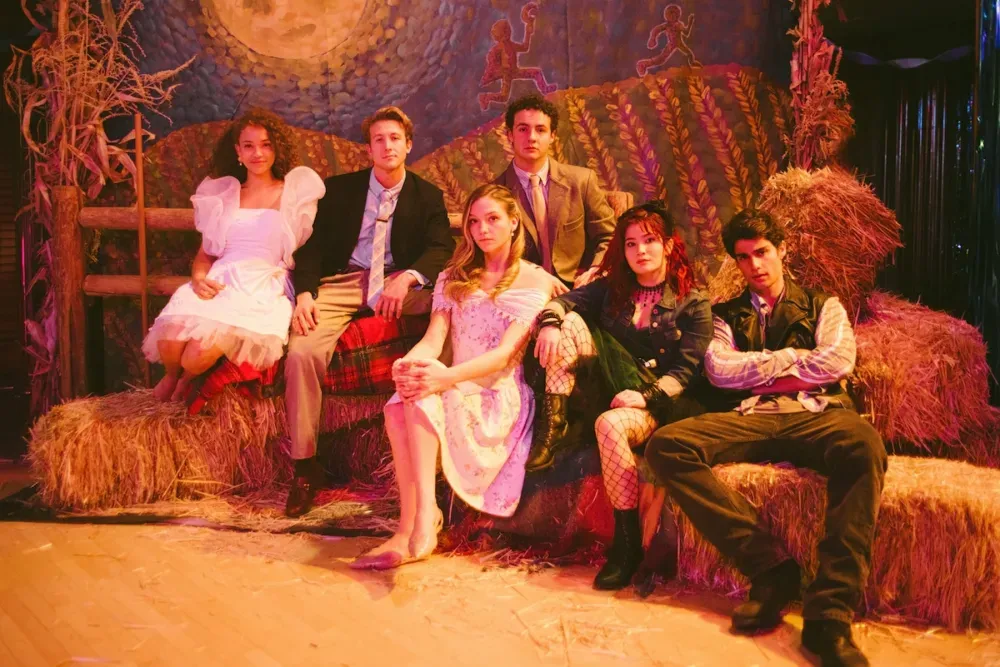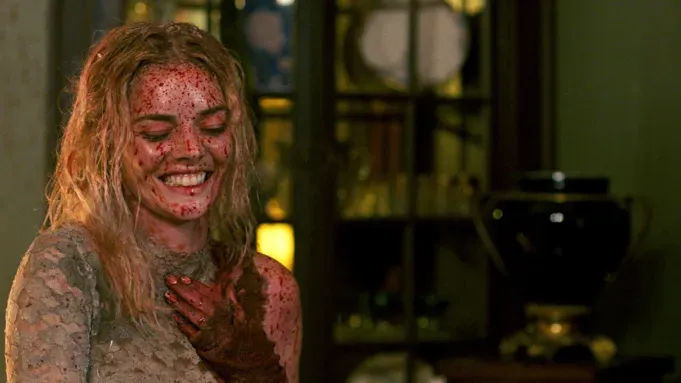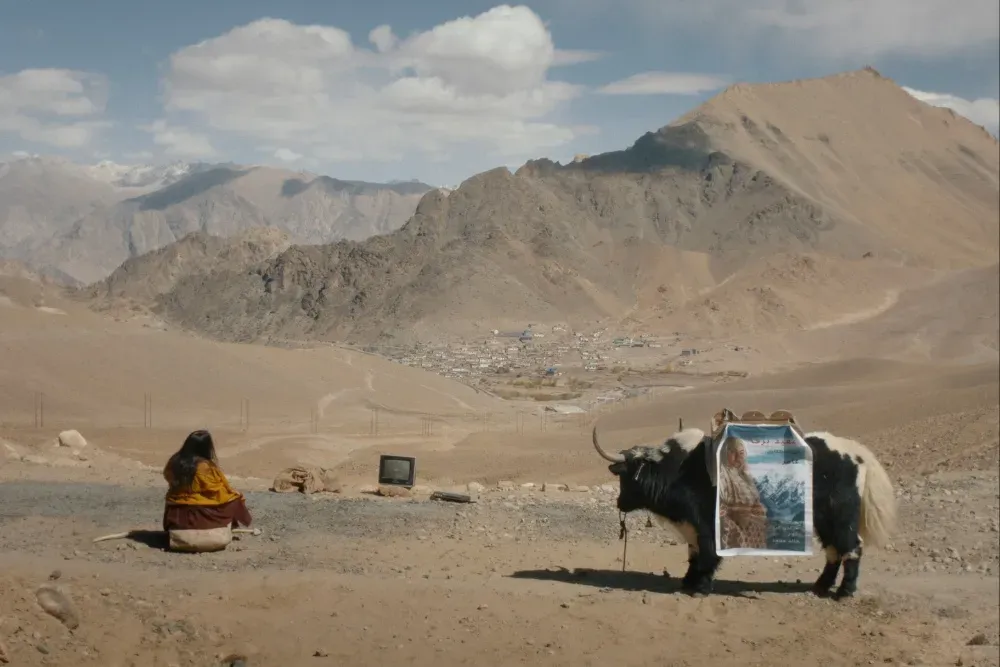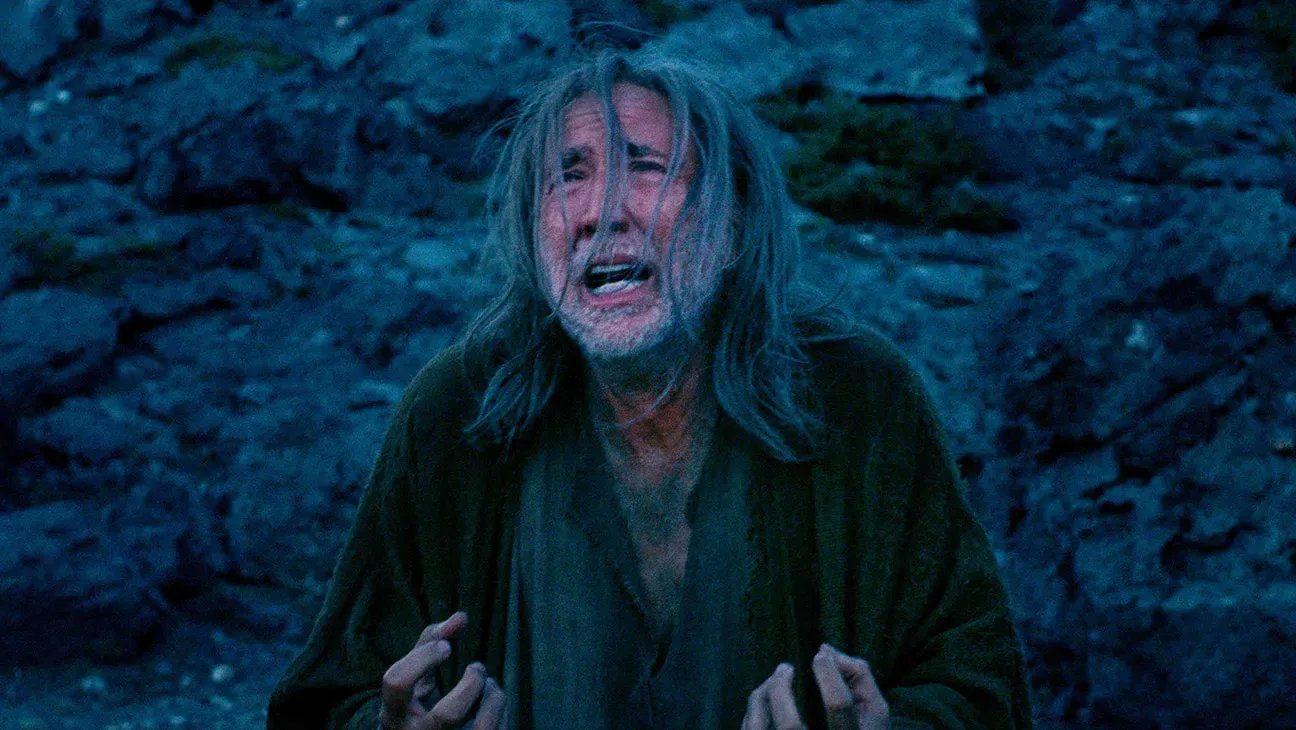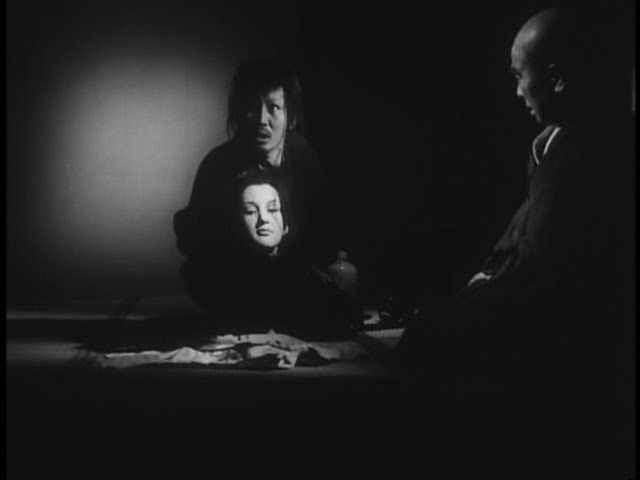
The Disturbing Vision of Shura
- Oct 20, 2025
What provokes an everyday Joe to plunge into hysteria, shedding the cloak of sanity for a loony toga party of the unspeakable? It's a chilling thought, but humans are capable of reaching dangerous extremes when blinded by wrath. And it's this raw exploration of subconcious violence that births the horrifying lens of Toshio Matsumoto’s eye-opening film, ‘Shura’, also known as ‘Demons.’
In the dead of night, we're drawn into the suspense as Gengobe dashes through a village, desperately glancing back as he is pursued by an unknown entity. His terror leads him to break into a dwelling and therein lies an ensemble of horrific sights – a room of corpses, a mutilated woman and himself, dangling from a noose. But when morning slaps him awake, he finds the same destroyed woman alive, highlighting a perplexing narrative shift that's sure to set your heart racing.
This bone-chiller was produced by an international man of mystery, Toshio Matsumoto, a revered experimental filmmaker with an uncanny knack for reimagining classic pieces. His ability to create avant-garde masterpieces out of narratives like Sophocles' Oedipus Rex, evident in 'Funeral Parade of Roses,’ suddenly blooms in the visceral epic of 'Demons'.
Matsumoto constructs a startling dystopia around a hopeless romantic, Gengobe, and a clever courtesan named Koman. Despite giving every ounce of gold he has for her freedom, Gengobe is a victim of a cruel scheme spun by Koman and her husband. This unsavoury revelation spirals the plot into a swamp of treachery that seeps into your marrow.
Straying from the honorable samurai narratives celebrated in films like 'Seven Samurai' and 'Harikiri', 'Shura' tears down any hope for dignity and replaces it with a promenade of disgrace for its characters. This shocking reinterpretation of the bushido code paints a turmoil-filled canvas smeared with betrayal.
The title 'Shura' comes from the Buddhist folklore of asura - demigods mired in constant battle and filled with wrath. Serving as another twist of the knife, the title reflects the grotesque bloodbath and hopeless cycles of violence experienced by its characters.
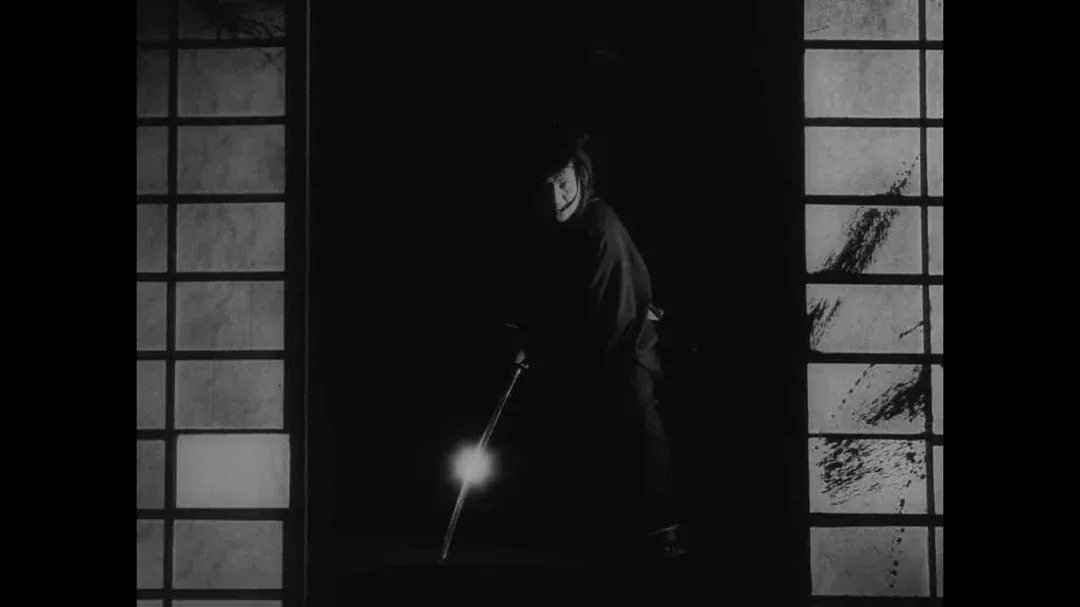
Audacious camera tricks and edits that repeat gestures create an unsettling rhythm. Matsumoto ingeniously blurs the lines between dream and reality, bending time and steering the viewer down a roller coaster of confusion.
We're asked to grapple with the chilling concept of the human capacity for brutality. As vengeance fuels the characters, it ultimately burns their path to redemption and engulfs their tiny glimmers of hope.
The film's origin is a kabuki play penned by Tsuruya Nanboku, a prolific author with deep roots in stories that flirt with the ghoulish and the grotesque. His works have been major influences on contemporary Japanese horror, but even they pale compared to the abyss of Shura.
There's one haunting moment that engraves itself into your memory: Gengobe, consumed by humiliation and rage, violently confronts an innocent baby. While horror is often associated with graphic visuals, Matsumoto chooses to stun by shrouding this act in silence - a deeply unsettling absence that underlines his defiance of any character redemption.
This grim and harrowing cinematic outing left me rattled for days. By showing the collapse of moral barriers when revenge takes hold, it disturbingly mirrors cycles of violence we see in our own world today. Matsumoto's 'Shura' glaringly questions the boundaries of humanity and the consequences of perpetuating violence without regard for innocence.
Looking back on 'Shura' as a new parent myself, the intensity of its profound imagery and the profound absence in its sound was achingly haunting. It's a rude awakening to the point of no return when violence spares not even the innocent lives. The harsh lesson learnt: break the cycle to harbour empathy or perpetuate it to lose our humanity.


